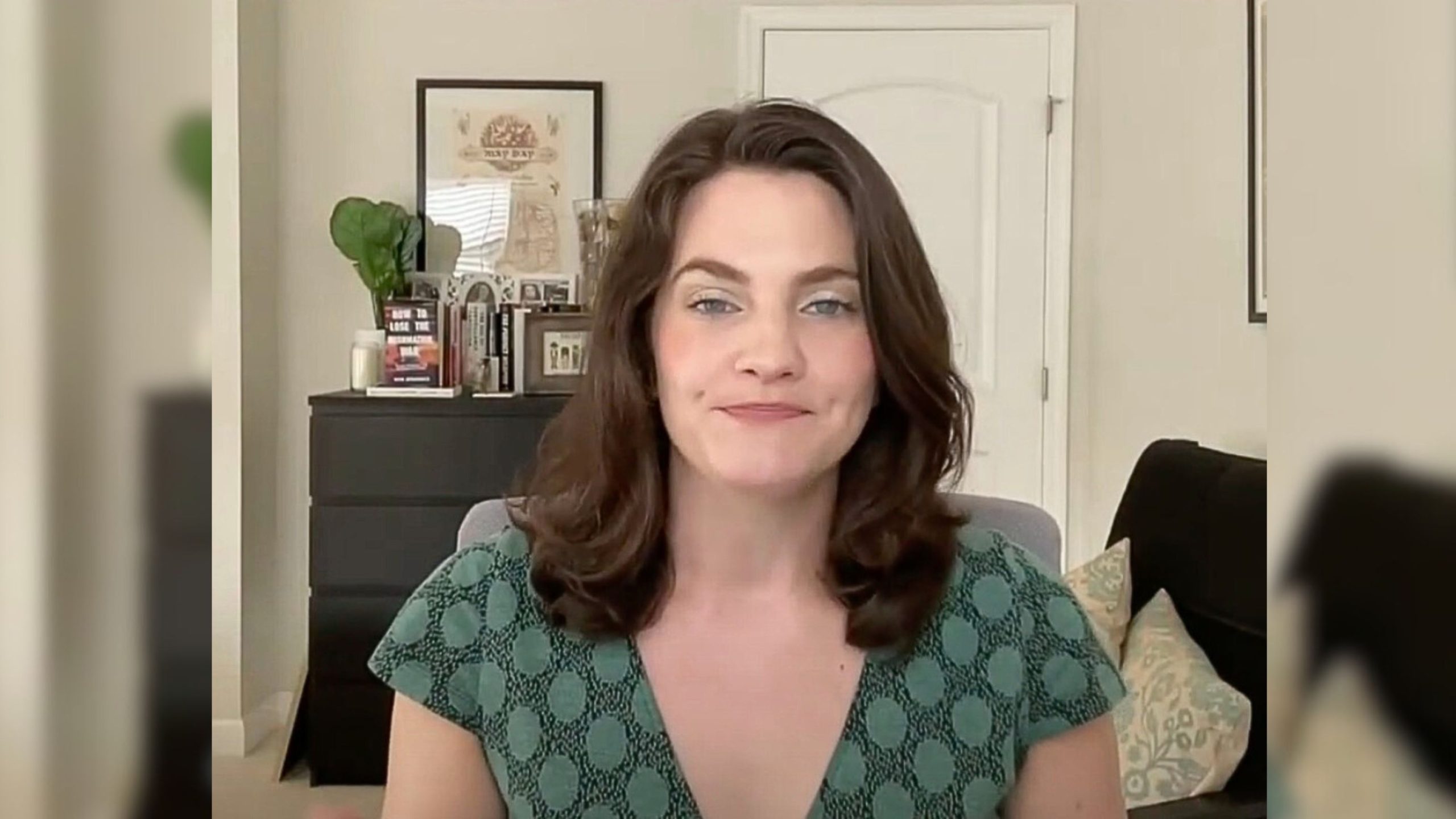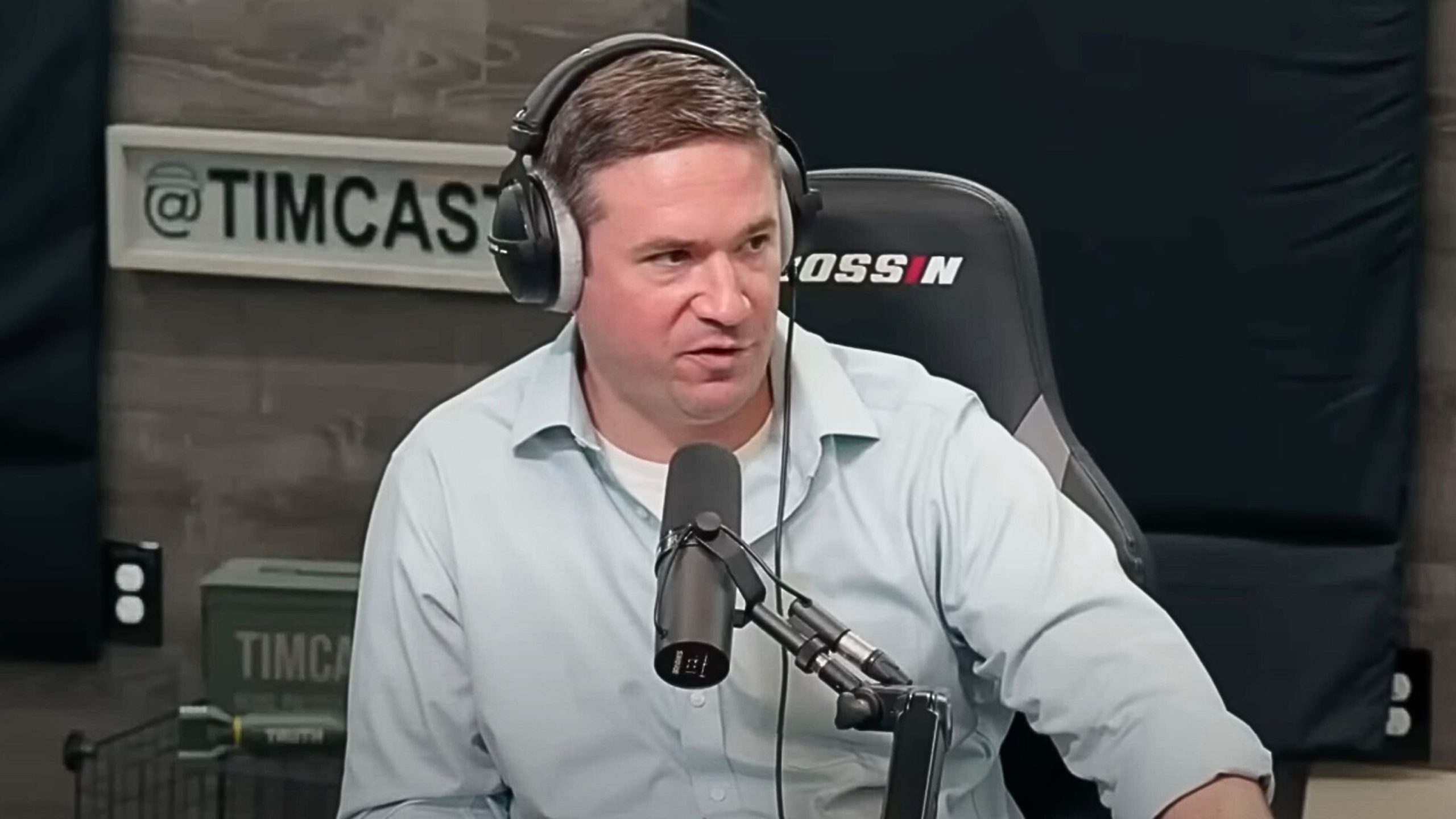Haniyeh killing risks dragging US into open conflict with Iran
Haniyeh killing risks dragging US into open conflict with Iran
Wed, 07/31/2024 – 21:34
The assassination of Hamas political chief Ismail Haniyeh, the highest level Hamas official killed since Israel’s war on Gaza broke out in October, was a dangerous escalation designed to draw Iran into a war, and with it, the US, analysts say.
Iran, however, is not likely to take the bait and will most likely calculate a measured response that can avoid a wider war. But its allies in the so-called “axis of resistance” may not be as easy to predict.
Israel previously pledged to kill all Hamas leaders involved in the 7 October Hamas-led attacks on southern Israel, but Haniyeh’s presence in Qatar as a chief negotiator for Hamas gives the strike greater repercussions.
Dual Israeli strikes within the space of 24 hours took out Hezbollah commander Fuad Shukr in a suburb on the outskirts of Lebanon, and Hamas leader Haniyeh in Tehran.
Haniyeh was in Tehran to attend the swearing-in ceremony of Masoud Pezeshkian, the new Iranian president, and was staying at a residence for war veterans when a “projectile” struck.
He was hit “directly”, according to a statement from Hamas.
The strike on Tehran is being perceived as a humiliating security failure, given that it took place in the Iranian capital and is a public blow to Iran’s capacity to defend itself and dignitaries in its country. But it didn’t target Iranian officials like the April strike on the Iranian consulate in Damascus.
‘Provoke but not too much’
“This was bold because it was done on Iranian soil in the heart of the Iranian capital, but it was not directed at an Iranian official,” Negar Mortazavi, a senior fellow at the Center for International Policy and host of the Iran Podcast, told Middle East Eye.
“It was meant to provoke but not too much. What Israel has been trying to do is pull Iran into open conflict”.
Activists burn US and Israel national flags as they take part in a protest in Lahore, Pakistan, on 31 July 2024 (AFP)
The US has repeatedly emphasised that one of its main policy objectives during Israel’s war on Gaza was to contain the conflict from spreading in the region, but several strikes in neighbouring countries and tit-for-tat attacks between Israel, Iran, Hezbollah, the Houthis and Iran-aligned militias in Iraq points to a failure of that policy.
Mortazavi says that while the strike in the Iranian capital is a “watershed moment”, Iran’s previous “telegraphed” response to the Damascus strike will likely be the model for Iranian retaliation.
‘Israel cannot establish such a balance on its own, but the calculation is that the US can’
– Trita Parsi, Quincy Institute
“It will be a response involving Hezbollah and Hamas, other members of the axis of resistance, but no exploding or blowing this into an all-out war.”
Trita Parsi, executive vice president of the Quincy Institute, says that Israel deliberately chose to kill Haniyeh in Tehran during Pezeshkian’s inauguration to “maximise Iran’s embarrassment”.
“By that, they have also maximised the likelihood that Iran will respond,” Parsi told MEE.
Escalation and resistance
Parsi says that Israeli Prime Minister Benjamin Netanyahu has been trying to get the US to go to war with Iran for the last 20 years, and the latest escalation is particularly dangerous considering the number of actors involved.
“The question is how Iran will respond and if it will be acting alone or coordinating with other members of the axis. If other members of the axis act as well, it will be much more difficult to choreograph this in such a way that it doesn’t lead to a full-scale war.”
But Israel is already mired in Gaza with few strategic victories to speak of, despite several tactical successes, primarily through assassinations of Hamas leaders. Israeli hostages are still languishing in Gaza and Hamas’s military capabilities, while degraded, are still nowhere near eradicated, according to US assessments.
So what does Israel get out of opening another front in their war?
“The calculation is that such a war will destroy or degrade many of Israel’s enemies and establish a new balance in the region that restores Israel’s dominance and freedom to manoeuvre. Israel cannot establish such a balance on its own, but the calculation is that the US can,” Parsi said.
The New York Times reported on Wednesday that Iran’s supreme leader, Ayatollah Ali Khamenei, has ordered Iran to “strike Israel directly”.
Mortazavi adds that the war has provided a political lifeline for Netanyahu.
‘They did support Israel in defense when Iran retaliated, but they didn’t participate in offense when Israel attacked’
– Negar Mortazavi, Center for International Policy
“He actually has an incentive for this war to continue, to prolong the war, to escalate it and not end it. That explains why the ceasefire hasn’t happened and the prolonging of the war.”
But Israel cannot expand this war from Gaza into Lebanon or Syria and Iran alone, Mortazavi adds.
“They (Israel) want to create a situation where the United States can no longer avoid being involved and has to be pulled in.”
The previous escalation, however, provides insight into what might come next.
Iran did directly hit Israel with a carefully choreographed retaliation in April, and the US response was fairly muted. Mortazavi said the US established a clear boundary during the previous altercation between Iran and Israel.
“Essentially they (the US) made it clear to Israel that they are not interested in getting pulled into an open war with Iran. They did support Israel in defence when Iran retaliated, but they didn’t participate in offence when Israel attacked Iranian soil in response again. So, I think that’s where the Biden administration drew a clear line”.
Perception versus reality
US White House national security spokesperson John Kirby said after the strike in Lebanon that an all-out war was “not inevitable” and after the strike on Haniyeh repeated the sentiment on Wednesday, saying that the US sees a wider war as neither “inevitable” nor “imminent”.
Kirby also refused to confirm the reports of the strike on Haniyeh during Kirby’s briefing, but also repeatedly said that the US was not made aware of, nor did it have any involvement in, the strike.
But that’s not how the event is being perceived in Iran.
“Both the Iranians and the Houthis have already gone on record saying that Israel could not have pulled this off without authorisation from the US and without intelligence support,” Parsi told MEE.
Iran said on Wednesday that the United States “bears responsibility” for the killing of Haniyeh.
Fuad Shukr, the Hezbollah commander killed on Tuesday, was wanted by the US government for his alleged role in a 1983 bombing that killed around 300 American and French soldiers in Beirut.
The strike on Shukr took place less than 12 hours before the strike on Haniyeh and has further solidified speculation that the US may have been involved in the targeting of Israeli strikes.
The dual strikes come a week after Netanyahu visited Washington and made an address to US Congress, smearing the pro-Palestinian protest movement as “useful idiots” for Iran. He painted Israel’s conflict with Hamas as a wider fight between good and evil, with Iran being one of the main belligerents on the “evil” side.
The close proximity of the strikes and Netanyahu’s Washington visit does the US no favours in staving off accusations that it was involved.
“Given that Netanyahu just returned from Washington and that Israel’s head of Mossad was meeting with Bill Burns just two days ago in ceasefire talks, the impression is that either the US was in on it or Israel has deliberately betrayed the US as well,” Parsi said.
“Both scenarios are bad since they either portray the US as incompetent or malicious”.



